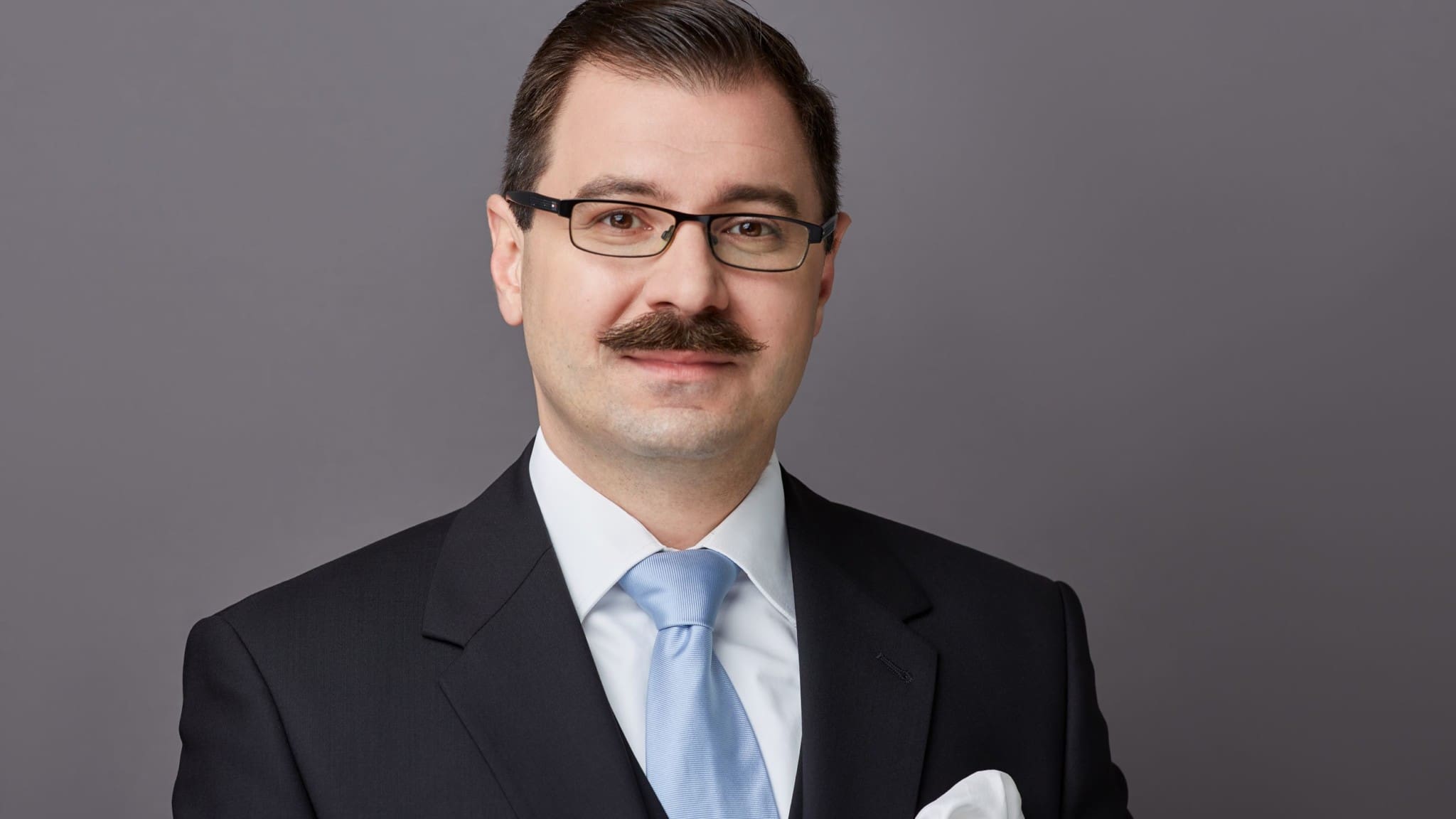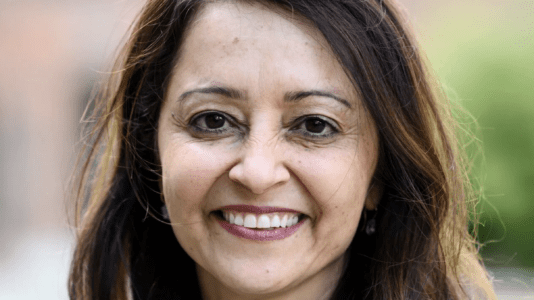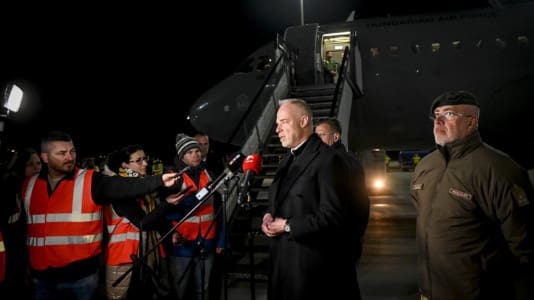Hungary continues to punch above its political weight by shining a beacon of light for conservatives across the world and proving that conservative ideologies can still be successful despite the global trend in favor of progressive politics, according to Miklós Szánthó, a Hungarian lawyer and political analyst.
Speaking to Zoltán Kovács, state secretary for international communications and relations, in the latest episode of his “The Bold Truth About Hungary” podcast, Szánthó praised the “success story” that Hungary has been over the past decade from a conservative perspective, a story widely recognized by conservative colleagues globally who view Hungary “not only as a lighthouse for this conservative renaissance,” but also see Budapest as a “hub for conservatives to come together to share ideas, to change or exchange recipes for conservative success.”
The pair discuss this matter amid the context of the upcoming Conservative Political Action Conference (CPAC) to be held in Budapest on May 4-5. The event, held annually in the United States for conservatives, returns to Hungary for a second time after the country first hosted the event in May 2022, marking the first time a gathering of its nature was held on European soil.
Szánthó, the director general of the Center for Fundamental Rights, which is responsible for organizing the event in Budapest, poked fun at criticism of the planned gathering by individuals he regards as “neo-Marxists,” and highlighted the discrepancies between those who are calling it a “no-star” event and others on the same side who regard it as “some kind of super gathering of right-wing fascists in Budapest.”
“It’s a real intellectual challenge to see the real point in the arguments from the Left, but I would advise to stay with the facts,” Szánthó said. “What we will have at CPAC Hungary is two sitting prime ministers, two ex-prime ministers, four party chairmen from Europe, two congressmen from the U.S., two ex and future senators, two U.S. state ministers from Texas and Indiana, and several politicians, representatives, members of parliaments from Europe, and others from all over the world.”
Szánthó also identified several high-profile current and former European leaders attending the event, including former Czech Prime Minister Andrej Babiš, who was narrowly defeated in the Czech presidential election earlier this year, and current Georgian Prime Minister Irakli Garibashvili, who Szánthó explains is attending as an observing member.
When asked about the future of CPAC Hungary and how far organizers are prepared to go to ensure it becomes an annual event in the Hungarian political calendar, Szánthó explained it is just one part of a general plan “to organize the international cooperation of right-wing national forces” and “realize the nightmare of the liberals.”
He added that CPAC Hungary is a “flagship project” for the international cooperation of conservatives, and also to some extent a sounding board for Hungary to explore the extent to which its current administration’s commitment to God, homeland, and the family, and its current position of neutrality regarding the ongoing conflict in Ukraine, resonates with the wider conservative movement.
“It’s homework for us, for international conservatives (…) to converge or align our potentially or possibly different geopolitical argumentation with our fight for our commonly shared values.
“I think if it comes to the geopolitical level, for example, the war in Ukraine, the strategy is the very same. All of us would like to see a sovereign, independent Ukraine and none of us would like to live in the shadows of a possible Russian threat. There are different geopolitical views or tools on how to reach a solution, but I think we could overcome those differences,” Szánthó added.
Lastly, the Center for Fundamental Rights director-general took the opportunity to counter recent reports in both the U.S. and European press that Hungarian conservatives are adopting “some kind of anti-American political standpoint,” a rhetoric promoted by some due to its disagreement with the Biden administration’s unwavering support for Ukraine and continued military assistance.
While tensions have risen in Budapest in recent times between the Orbán administration and the U.S. embassy spearheaded by Biden appointee David Pressman, Szánthó insisted that Hungarian conservatives “have a lot of friends in the U.S.,” adding that “the Hungarian right is pro-American and we have allies in the U.S. who do share our standpoint about peace.”
He references Kari Lake, who he describes as a “rising star” in the U.S. who has been touted as a possible running mate for Donald Trump in next year’s presidential election.
“She will be here (at CPAC Hungary),” Szánthó revealed. “Just a few months ago at the American CPAC in Washington D.C., she held a speech. In that speech, she argued the very same as the Hungarian conservatives and as Hungarian Prime Minister Viktor Orbán. She argued that this Ukrainian war is not our war, we need peace and we need an immediate ceasefire. I think it is the Hungarian standpoint and visibly it is a standpoint of many U.S. conservatives,” he added.






